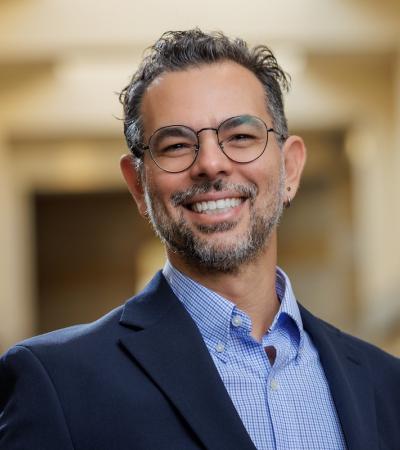Do Conditional Cash Transfers Interrupt the Cycle of Intergenerational Poverty? Lessons from a Large Administrative Data Set

Gabriel Cepaluni
Associate Professor, Department of International Relations and Public Policy
São Paulo State University (UNESP)
Conditional cash transfer programs are designed to interrupt the intergenerational cycle of poverty by improving health and educational outcomes. We are the first to assess the program efficacy of the world's largest CCT program, using educational outcomes from the full administrative records of Brazil's Bolsa Família program (PBF). We find that the educational attainment of adult children of beneficiaries exceeds that of their peers of non-beneficiary families, even when accounting for generational and household improvements in educational outcomes. We report on intra-household comparisons, considering educational attainment of children 15-17 years old beneficiaries with siblings who were above the age of 18 at the time of family enrollment. Bolsa Família had a modest but positive impact on “treated” children relative to their “untreated” siblings, providing compelling evidence that the BPF improves educational outcomes in beneficiary households. We find modest aggregate differences across boy and girl sibling pairs, but pronounced disparities across subnational regions, underscoring the importance of local public goods provision for enhancing program efficacy.
Gabriel Cepaluni
This profile was current as of 2024, when he was part of the on-campus Kellogg community.
Gabriel Cepaluni is associate professor in the Department of International Relations and Public Policy at São Paulo State University (UNESP)...
Read More





